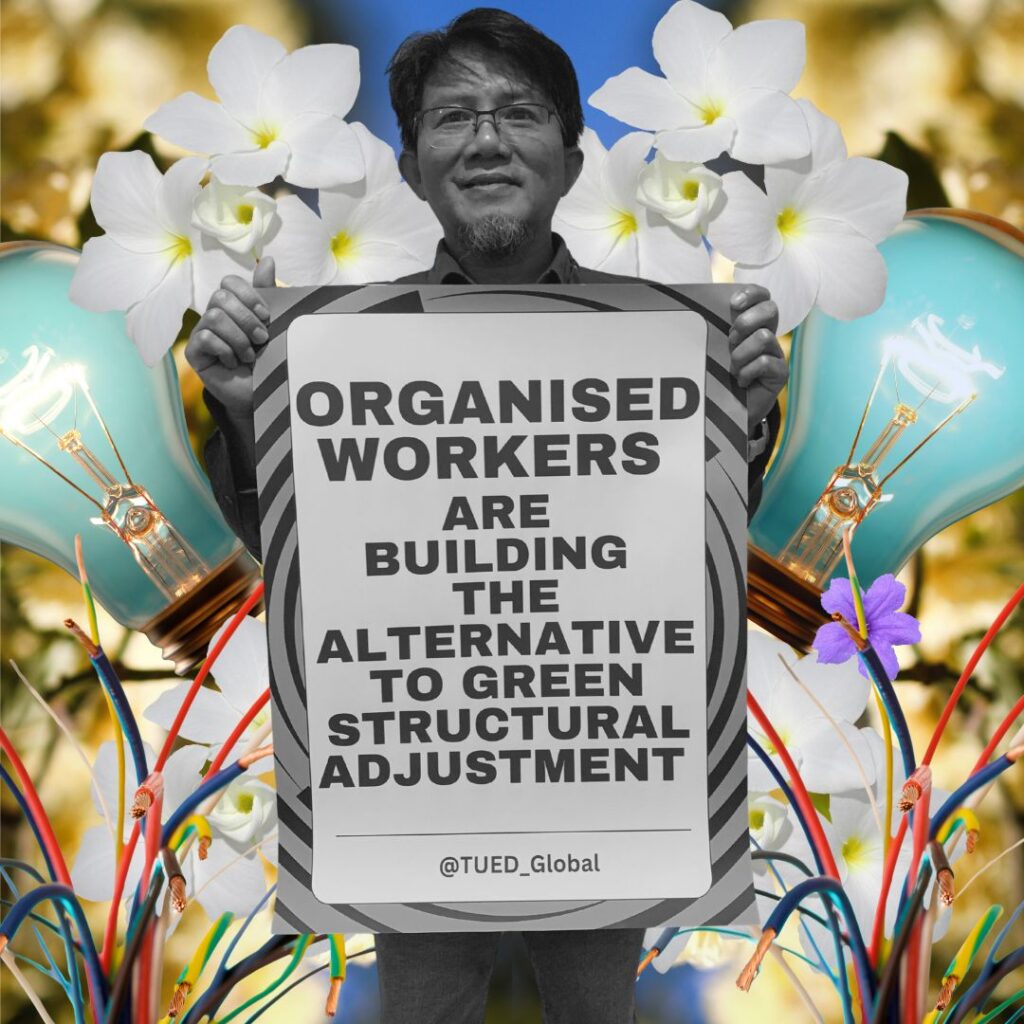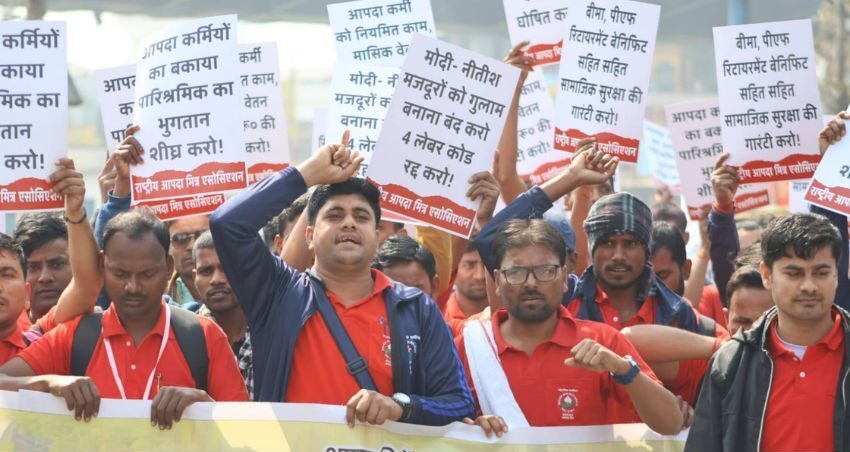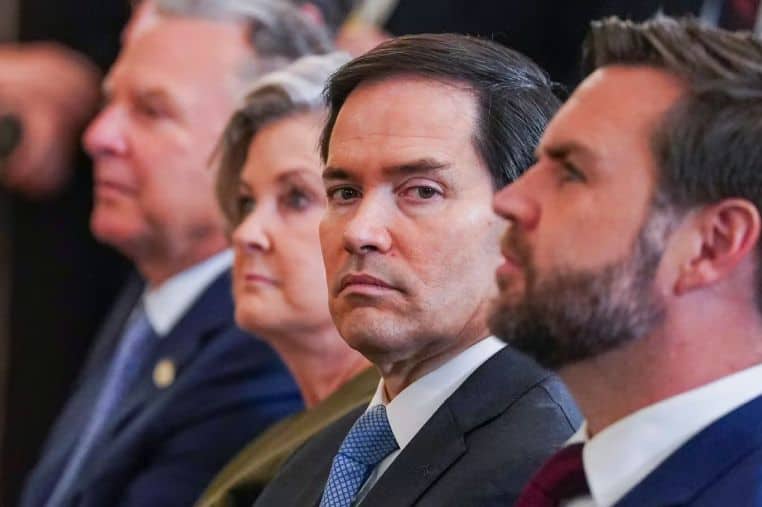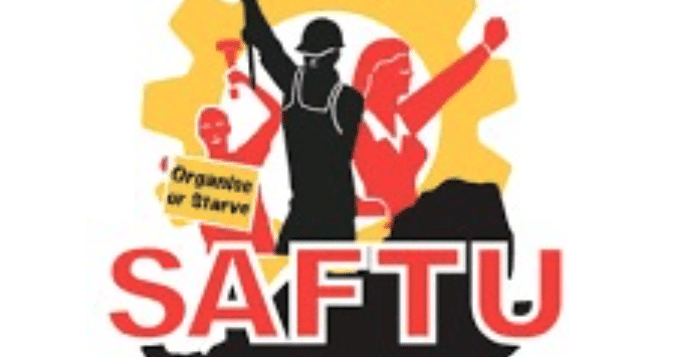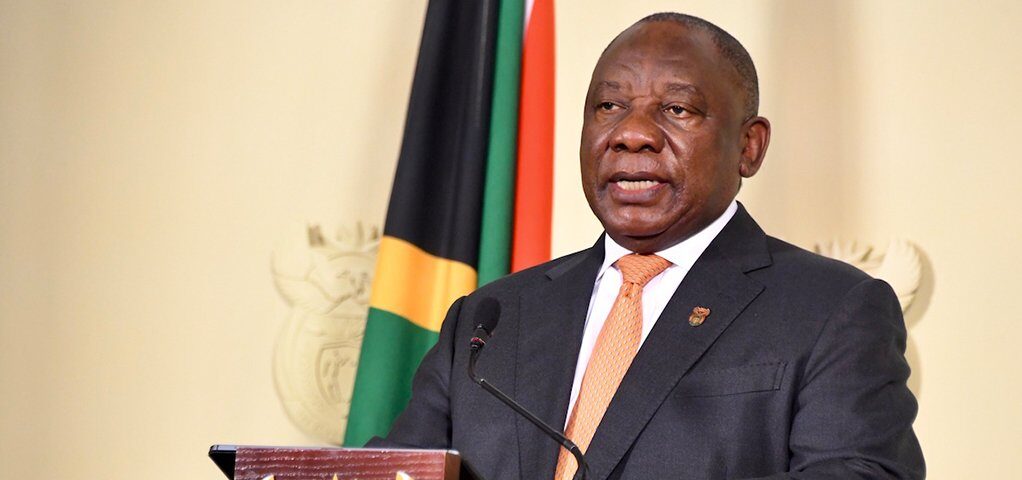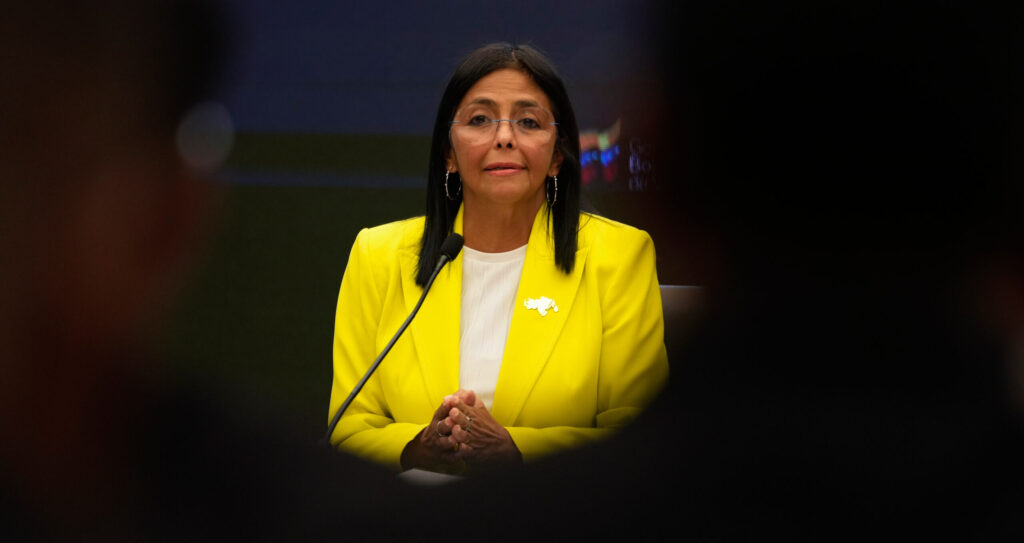The South African government claims it is advancing a “Just Transition” to a low-carbon economy. But in practice, its climate policy is anything but just. It is a form of green structural adjustment—a continuation of neoliberalism in green clothing. Under pressure from the International Monetary Fund (IMF), World Bank, and global finance, the state is rolling out a climate policy built on privatisation, austerity, and the hollowing out of public institutions like Eskom.
This is not a path to climate justice. It is a path to deepening inequality, joblessness, and environmental insecurity for the working class and poor.
Austerity and Privatisation in the Name of the Climate
Far from defending workers or communities, government climate policy centres on cutting public spending and shrinking the role of the state—even as it faces intersecting crises of mass unemployment, energy insecurity, and ecological collapse.
Under the guise of climate action, Eskom is being unbundled, opening the door to the further privatisation of energy generation. The state is steadily retreating from its responsibility to provide energy as a public good, instead expanding the market for Independent Power Producers (IPPs), who operate for private profit, not social need.
The IMF has explicitly called for a greater role for the private sector in electricity generation and for a reduction in Eskom’s workforce—a move that will further devastate communities already dependent on coal-sector jobs. The World Bank has similarly promoted a transition that locks South Africa into debt, austerity, and dependency on multinational green capital. These institutions, long enemies of the working class, are now shaping the so-called Just Transition.
At the same time, austerity continues to dominate fiscal policy. Public investment in infrastructure, housing, transport, and rural development has stagnated. This is not due to a lack of resources, but to the political choice to prioritise debt repayments, budget cuts, and corporate confidence over meeting people’s needs.
Decarbonisation Without Development
South Africa’s climate policy treats decarbonisation as an end in itself, disconnected from any broader vision of social and economic transformation. This has led to an energy transition without industrialisation, job creation, or redistribution.
We reject a model where the shift to renewables serves only to open new markets for capital while leaving workers behind. Instead, a socialist climate agenda must place reindustrialisation and job creation at its heart.
This includes:
- A mass public housing programme that builds climate-resilient homes and creates jobs in construction, manufacturing, and maintenance;
- Expanding public transport, especially rail and bus systems, to ensure affordable, low-carbon mobility for the working class;
- Shifting freight from road to rail, cutting emissions and transport costs while reviving a key public sector;
- Promoting rural industrialisation, centred on small-scale food production and community agro-processing, to build food sovereignty and reverse rural neglect.
All of this demands a massive expansion of publicly controlled electricity generation. Renewables must not be left to the market, but must be planned, financed, and owned by the people. Only democratic public ownership of energy and infrastructure can deliver the scale and equity required.
Adaptation Before Mitigation
South Africa contributes just 1% of global greenhouse gas emissions, yet our communities are on the frontlines of climate impacts—floods, droughts, fires, and rising temperatures. For the working class, the most urgent climate issue is not carbon emissions but survival.
A class-based approach to climate must prioritise adaptation over mitigation:
- Rebuilding and fortifying infrastructure in flood-prone and drought-affected areas;
- Expanding public health systems to cope with climate-related diseases and stress;
- Guaranteeing access to clean water, sanitation, electricity, and housing;
Supporting community-driven food systems to build resilience to global supply shocks.
These are not luxuries. They are life-and-death issues. Yet they are continually underfunded in the name of budget discipline and debt management.
No Just Transition Without System Change
The government’s so-called Just Transition is built on the same foundations as apartheid’s economic legacy and the ANC’s post-apartheid neoliberalism: cheap black labour, foreign capital, and an elite-first development model. Green structural adjustment is just the latest chapter.
Zabalaza for Socialism rejects the commodification of the climate crisis. We reject a transition that serves imperialist institutions, greedy corporations, and elite technocrats.
We call for:
- A break with austerity and the restoration of public investment for the working class;
- A publicly owned, democratic energy system rooted in renewable energy;
- A national plan for job-creating, low-carbon industrialisation;
The climate crisis is not just an environmental issue—it is a class issue. It demands a mass movement of workers, communities, women, and youth to fight for a socialist alternative: one based on democratic planning, public ownership, and climate justice from below.
Let us not be fooled by green rhetoric. A Just Transition must be built by and for the working class—not dictated by the IMF or the market.

